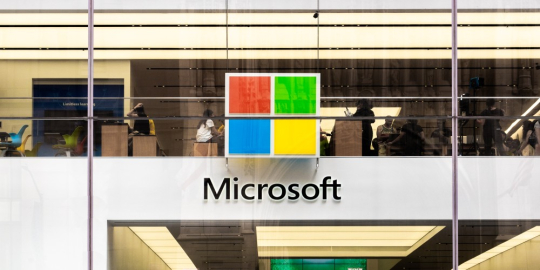
Recent corporate maneuvers have seen the gaming behemoth Microsoft successfully acquire Activision Blizzard, ushering in much speculation regarding the potential changes this might impose on the acclaimed game developer known for hits like World of Warcraft. Understandably, stakeholders within and outside the company might have braced for the waves of change that such a takeover portends. However, reports suggest a surprisingly different tale – one that speaks more of autonomy and support than overbearing control. Specifically, Blizzard executives have recognized and applauded Microsoft's decision to maintain a "let-be" stance, granting Blizzard the liberty to continue with its own culture and operational methodology.
In a detailed interview by VGC with Holly Longdale, executive producer and vice president of World of Warcraft, the perspective from Blizzard's camp is overwhelmingly positive. Longdale notes that Microsoft has not placed immediate demands upon Blizzard. Rather, the prevailing sentiment is one of empowerment, with Blizzard personnel appreciating the opportunity to network and exchange knowledge with teams from other successful Microsoft-owned entities, such as Mojang, creators of Minecraft, and the Elder Scrolls Online developers. This approach appears to complement the ongoing success stories that Blizzard games continue to narrate. Precisely, World of Warcraft, a flagship title for the developer, has reportedly seen a surge of vigor and is performing impressively, much to Microsoft’s satisfaction.
Moreover, Blizzard had endured a tumultuous period before Microsoft's intervention, marred by criticisms aimed at the company's previous management and a seeming decline in the creative fervor that once fueled their renown. The fresh alliance and the accompanying operational freedoms hint at a restoration of an environment that once bred some of the most celebrated gaming titles. Despite this buoyant atmosphere, reality checks in the form of organizational restructuring from Microsoft have led to employee layoffs, serving as a somber reminder of the imperatives of corporate efficiency that often accompany such high-profile acquisitions.
Microsoft's purchase of Activision Blizzard might have set the stage for drastic changes within the veteran gaming company. Yet, as relayed by Blizzard executives, the reality is shaping to be quite the opposite. The narrative emerging is that of Microsoft wielding a gentle hand, fostering an environment where the intrinsic culture of Blizzard is not just preserved but also nurtured. This strategy suggests a recognition of value in Blizzard’s existing practices and acknowledges the past successes forming their legacy. While the specter of corporate restructuring does loom, the optimism from within Blizzard is palpable, and the gaming world watches in anticipation to see if this alliance will indeed catalyze a return to the glory days for Blizzard under Microsoft's vast umbrella.